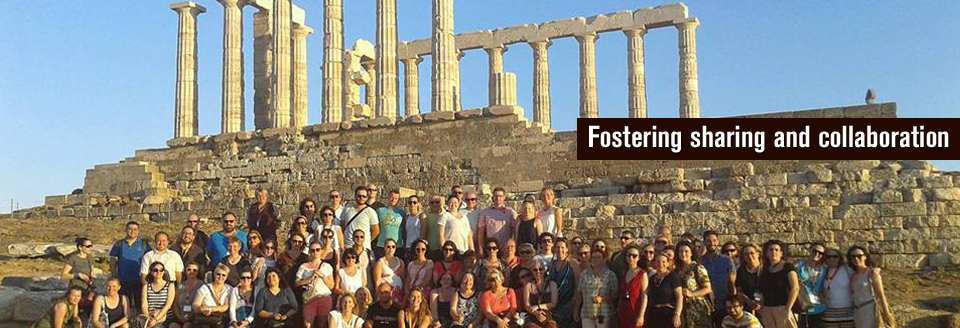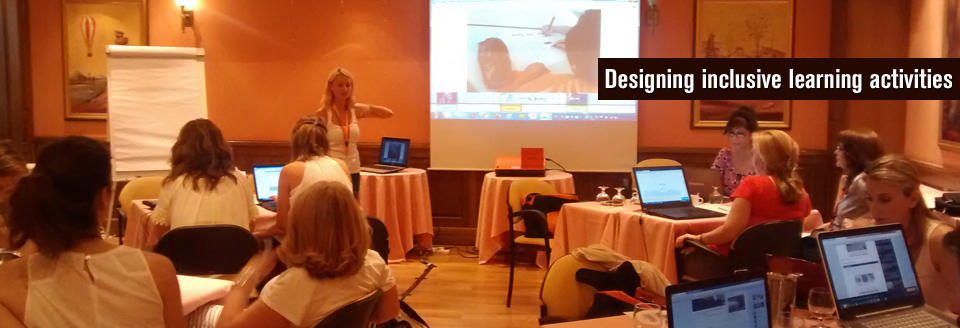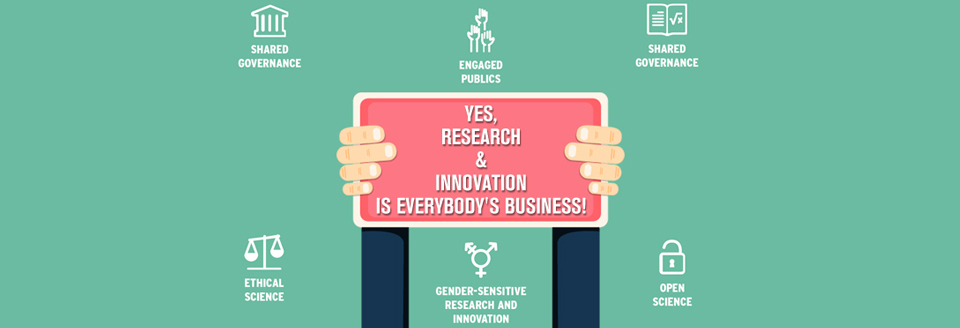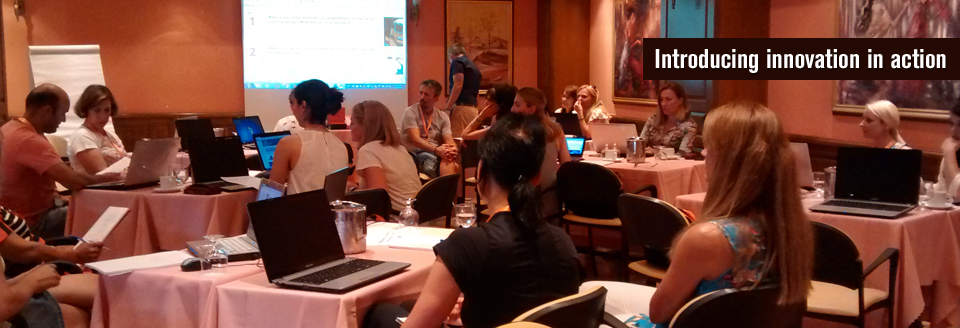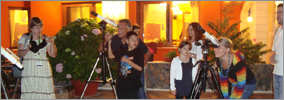Description
The course is organized in the context of the project “Open Discovery Space: A socially-powered and multilingual open learning infrastructure to boost the adoption of eLearning resources” (www.opendiscoveryspace.eu). The aim of the course is to support the development of European schools’ digital culture and teachers’ digital skills, so that they are able to understand the uses and applications of digital resources in school practice, and subsequently to benefit from digital content and technology solutions covering a wide range of areas: Science, Mathematics, ICT, Social Studies, Arts and Language Studies. This is envisaged to also promote the development of students’ key competences, with particular emphasis on problem solving, critical thinking and collaboration skills. Thus, teachers will not only be familiarized with a unique collection of open digital educational resources, but they will also be trained to link them with innovative pedadogical practices, such as using real world learning activities, implementing resource based and project-based approaches. The resources to be used have demonstrated their efficacy in promoting problem-solving education and collaboration, i.e. lreforschools.eun.org, www.merlot.org, www.natural-europe.eu, www.organic-edunet.eu , http://ed.ted.com, www.osrportal.eu. These resources, although associated with a broad range of curriculum areas, do not impose a fixed curriculum but support a model that can be customised based on location and culture, as well as cross-disciplinary situations, being thus ideal to be used in the European context for differentiated instruction. Teachers will also be trained to appropriately select freely available ICT tools that suit their own needs in terms of planning, implementing and sharing pedagogical ideas, managing their classroom and organising the curriculum. This will further empower them to create effective project scenarios to use in the classroom, as well as in multiple environments such as face-to-face, online and other technology mediated learning. Such an approach is expected to enable all stakeholders to examine their own practices in the light of the best performing approaches.
Participation in this event is funded by the European Commission through the Comenius programme: therefore interested teachers or trainers can simply contact their relevant National Agency. The list of eligible countries (EU ones plus Turkey, Croatia, FYROM) and the contact details of the National Agencies can be found here: http://ec.europa.eu/education/lifelong-learning-programme/doc1208_en.htm.
The deadline for applications is January 16th, 2013.


